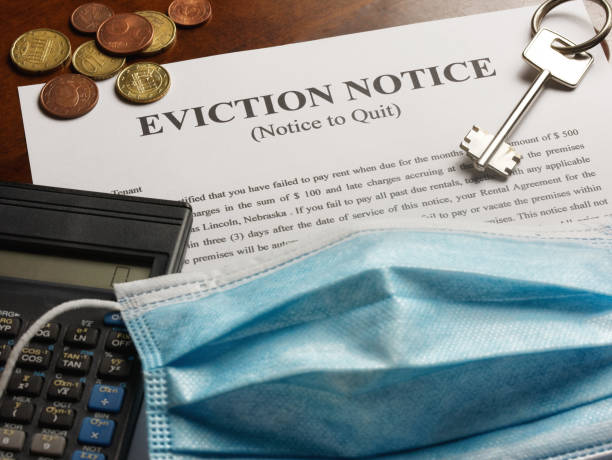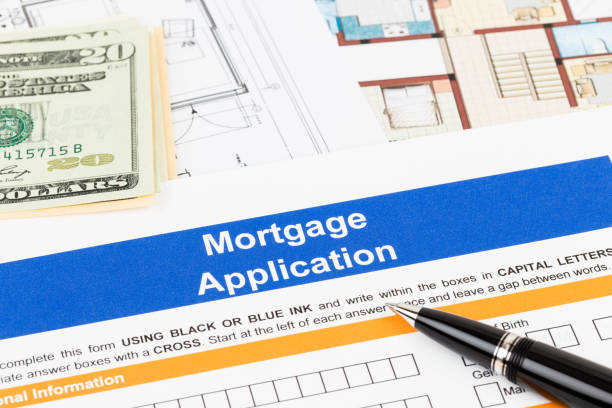The national suspension of evictions due to non-payment of rent is still in effect. According to this order by the Centers for Disease Control and Prevention (CDC), the owners of residential properties may not evict or remove tenants from their property.
According to the CDC’s most recent order, the ban on residential evictions will be extended until at least June 30, 2021. Although the ban has been extended several times before, we don’t know if it will happen again.
When this moratorium ends officially, can cash-strapped landlords start the process of evicting renters who haven’t been paying for months?
We are ready to assist and provide rental counseling to anyone who is affected by the predicted wave of evictions. Our response to tenants and our advice will vary depending on the changes in law.
Keep an eye on this page for updates regarding the eviction ban
As the landscape of housing changes, including evictions and foreclosures, it is up to housing counselors (like ourselves) to assist.
As we discover new information, we’ll continue to publish updates. Be sure to visit our blog to keep up with the latest updates.
State laws can protect you against eviction.
In addition to federal protections, many states have local laws that protect tenants against eviction. In such cases, state laws are more protective than federal laws. The only state that offers local laws is to protect tenants.
In California, our home state, Assembly Bill 2088 has been enacted in order to prevent evictions. The protections of this law have now been modified and extended until June 2021. A housing counselor in another state can help you determine if your rights are similar.
AB 3088 changed unpaid rent to consumer debt. Landlords can now sue their tenants for overdue rent, but they cannot evict them.
Other provisions of the California Tenant Relief Act:
- By the new deadline, June 30, tenants must pay 25% of their rent.
- Rent non-payment must be notified to tenants 15 days in advance, not three days.
- The landlord must also provide a hardship notice along with the eviction.
- The eviction form and notice of hardship must be written in the same language used on the original rental agreement.
- Under AB 3088, landlords are required to disclose the rights of tenants.
- New local ordinances cannot undermine AB 3088.
- California’s law also requires tenants to sign an affirmation that they have been affected by the COVID-19 epidemic and, therefore, need protection from eviction.
California passed SB 91 in June. This law extended protections until the end of the month and allocated $2.6 billion of federal funds for landlords to reimburse them for a portion of overdue rent.
Specifics will vary depending on a tenant’s circumstances. There are also forms to be completed by certain deadlines. Californians who want to benefit from the SB 91 projections must speak to a housing counselor.
You may be eligible for the COVID-19 California Rent Relief Program if you are at risk of being evicted in California, where we have our headquarters. Visit HousingIsKey.com to see if you qualify. Who is exempt from eviction under federal law?
According to federal law, some people are “covered,” and they cannot be evicted.
- Must earn less than $99,000 per year (or $198,000 for married couples).
- It would be best if you tried to get government housing or rental assistance.
- Rent is not paid in full because of a reduction or loss of income, medical costs, or circumstances related to COVID-19.
- They must try to bear in part if their circumstances allow it
- The tenant must be forced to move in with a roommate (thereby increasing the COVID-19 risk).
All of this could change again. However, it is a good idea to keep in mind these requirements. The above requirements will be useful if a housing counseling organization like ours is trying to negotiate a settlement that can help you avoid being evicted.
Download a copy of the CDC declaration form here. This form is dated and may not apply to you anymore, but if it’s possible to use the language in the form and declare you’re a covered individual under the law, that would be a good place for you.
Plan for your finances.
Even if you avoid eviction through the federal order or by negotiating with your landlord and housing counselor, you will still be responsible for the rent.
Must create a plan to save as much money as possible. This will allow you to accumulate enough funds to cover as much rent as possible. It’s not about temporary relief but finding a solution that keeps you in your home and doesn’t just postpone eviction.
Avoid being evicted by following these simple rules
There are certain circumstances in which your landlord can evict without further negotiations, even if you have the most protective regulations.
- You commit a crime on the premises.
- You may be liable for causing harm to the health or safety of other residents.
- Damage to property or significant risk of damage
- Violations of health or building codes
- Violations of other provisions of the rental contract
- Pets are not allowed in agreements
- If the agreement prohibits the use of tobacco or drugs on the property (even though these substances are now legal), then the use is not permitted.
- Subletting or having prohibited occupants
- Run an unapproved business from the property
- Noisy neighbors
Renting a home is a big commitment. Be sure to read the rental agreement and understand all of its restrictions. This will make it easier for your rental advisor to help you avoid eviction.
Financial help is available as soon as possible.
Eviction laws are constantly being revised at the local and national level.
Get help as soon as possible if you feel you may be evicted.
You’ll be protected if you fall under laws such as California’s SB 91.
You will need to get help as soon as possible. Your housing counselor can help you create a plan and prepare for eviction proceedings.



